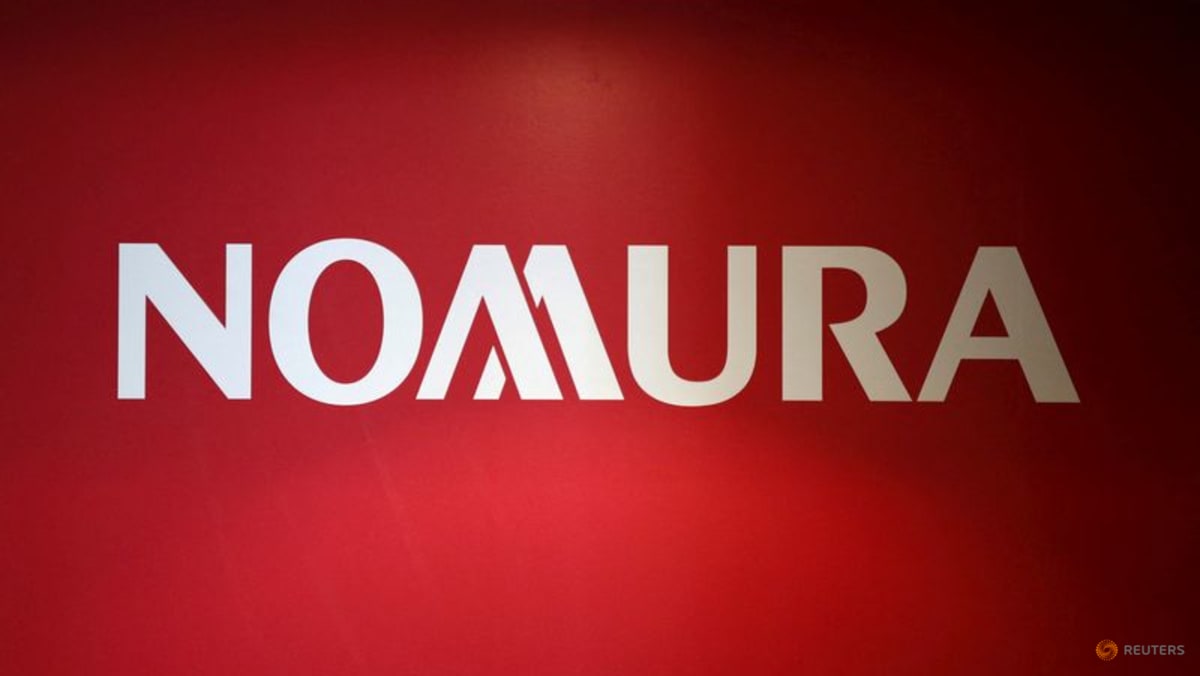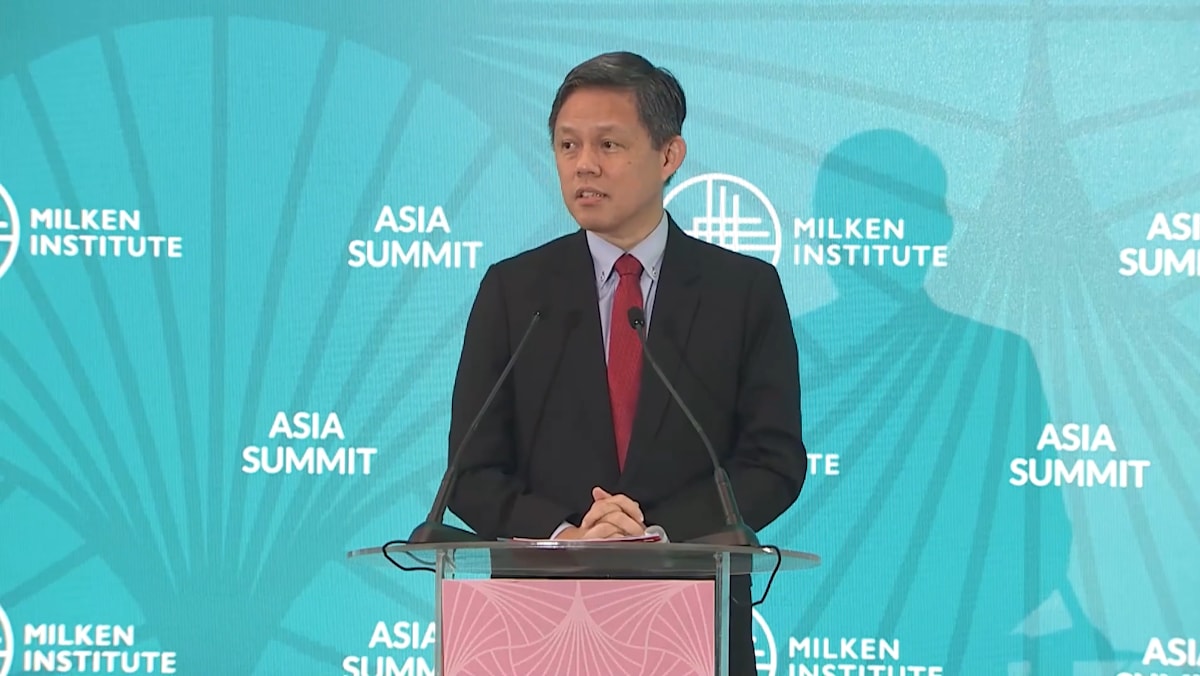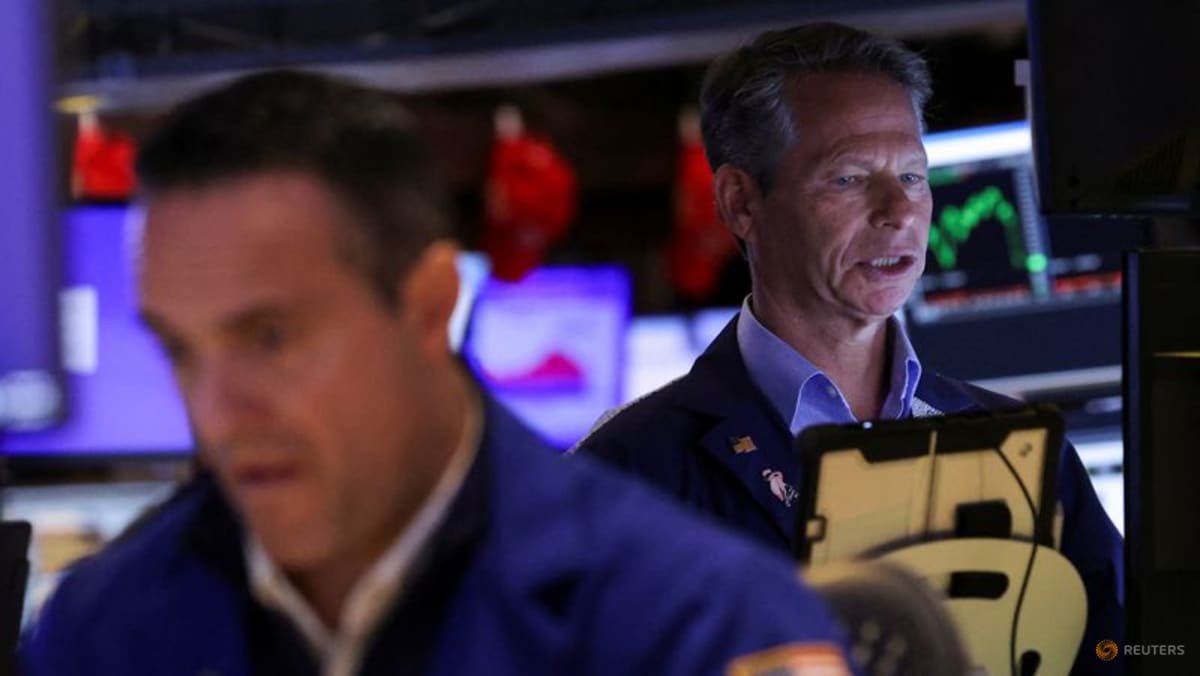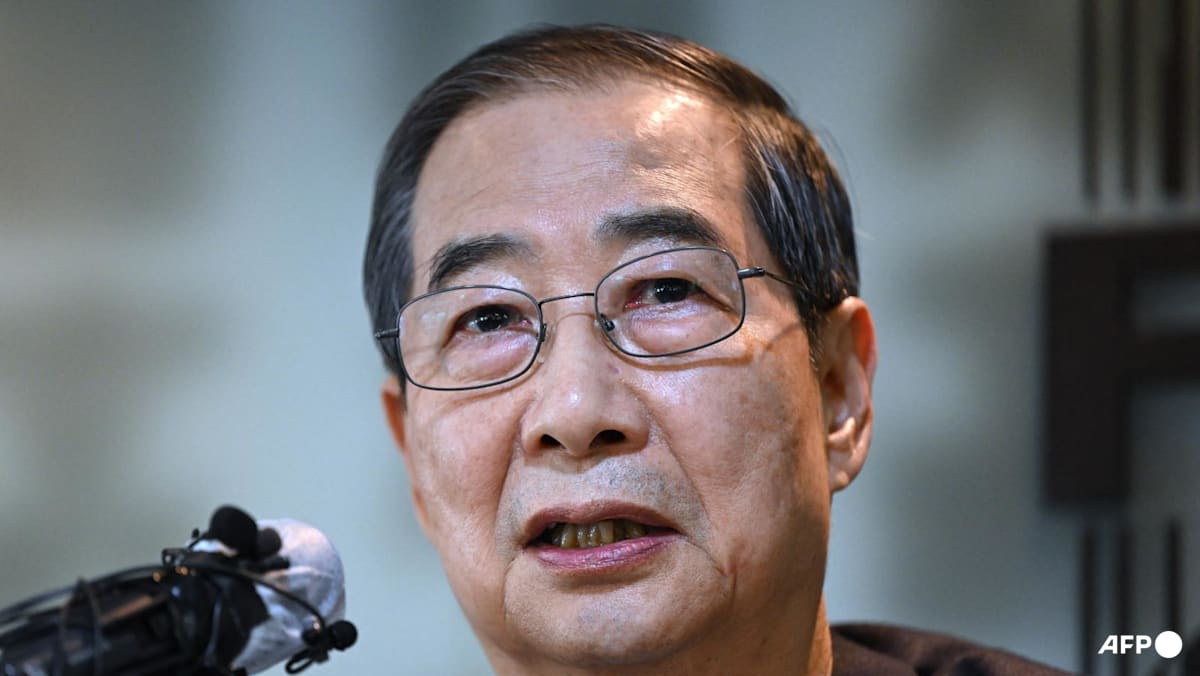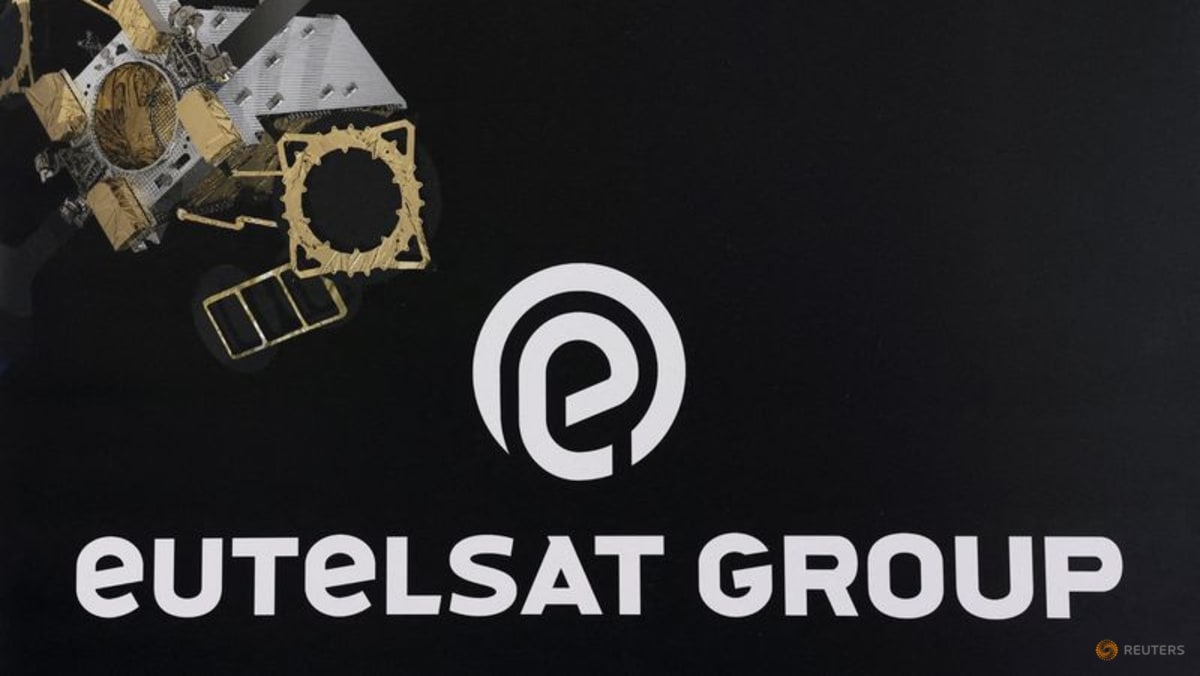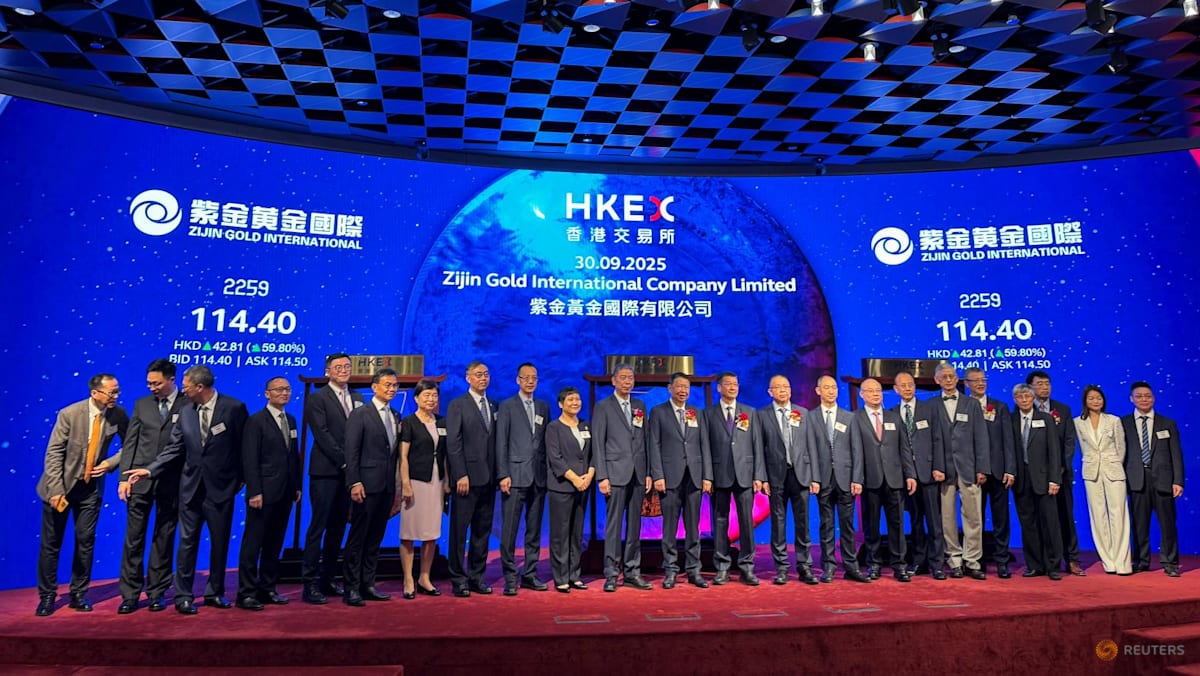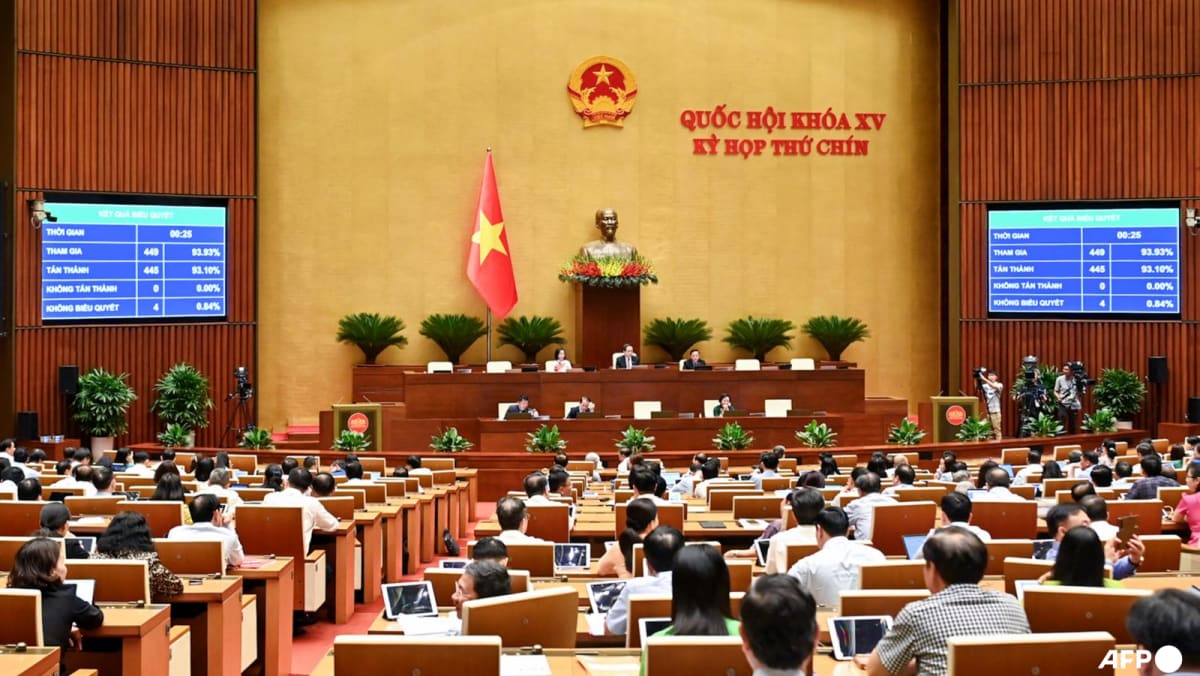TOKYO :Asian stock markets were under pressure on Wednesday while the dollar climbed to its firmest against the yen since early April, after U.S. inflation suggested tariffs are pushing prices up, dampening expectations for Federal Reserve policy easing.
U.S. Treasury yields ticked to the highest in more than a month, lifting the dollar against the yen in particular.
However, tech shares remained resilient following a 4 per cent rally in artificial-intelligence darling Nvidia overnight.
Brent crude continued to hover around $69 per barrel.
Data on Tuesday showed U.S. consumer prices rose 0.3 per cent in June, in line with forecasts, but the largest gain since January. Economists attributed the rise in prices across goods such as coffee and home furnishings to the Trump administration's escalating import tariffs.
The Fed has been keeping interest rates steady as it has waited for indications of the inflationary impact from tariffs, which Chair Jerome Powell had said he expected in the summer.
"We know the revealed preference of Fed Chair Powell, along with a few of his colleagues, is to wait for these tariff impacts to come through, and those in that camp are seeing that view bolstered by this data," Taylor Nugent, senior economist at National Australia Bank, said in a podcast.
As a result, markets saw "a fairly significant trimming of Fed expectations" for rate cuts, Nugent said.
Traders currently price in 43 basis points of rate reductions for the rest of this year, with 56.5 per cent odds of a quarter-point cut in September.
Investors will now carefully monitor producer price data due later on Wednesday, looking for signs of whether inflationary pressures are also building on the factory floor.
Australia's equity benchmark South Korea's KOSPI each lost around 0.6 per cent as of 0127 GMT. Mainland Chinese blue chips slipped 0.1 per cent.
Japan's tech- and exporter-heavy Nikkei was flat after alternating between small gains and losses, supported by both Nvidia's fortunes and the weak yen.
Taiwan's benchmark added 0.5 per cent and Hong Kong's Hang Seng jumped 0.8 per cent, adding to Tuesday's 1.6 per cent tech-driven rally.
U.S. S&P 500 futures eased 0.2 per cent, after a 0.4 per cent decline for the cash index overnight.
Beyond the Fed and U.S. President Donald Trump's tariffs, the earnings season is another focal point for investors.
Results from JPMorgan Chase and Citigroup beat expectations, but were met with a mixed market response. Wells Fargo cut its 2025 net interest income guidance even as it beat second-quarter profit expectations.
Bank earnings due on Wednesday include Goldman Sachs, Morgan Stanley and Bank of America.
U.S. 10-year Treasury yields rose as high as 4.495 per cent on Wednesday, the highest since June 11.
The dollar stuck close to a multi-week high against major peers. The dollar index was little changed at 98.545 after rising as high as 98.699 on Tuesday for the first time since June 23.
The U.S. currency was steady at 148.785 yen, and earlier rose to 149.04 for the first time since April 3, in the aftermath of Trump's "Liberation Day" tariff announcement.
The euro edged up 0.1 per cent to $1.1612, trying to pull away from Tuesday's three-week low of $1.1593.
Cryptocurrency bitcoin added about 1 per cent to $117,696, as it stabilised following its 6 per cent pullback earlier this week from Monday's all-time high at $123,153.22.
Gold added 0.3 per cent to around $3,332.
Brent crude futures fell 5 cents to $69.16 a barrel, while U.S. West Texas Intermediate crude futures declined 9 cents to $66.89 a barrel. Both contracts settled more than $1 lower in the previous session.



